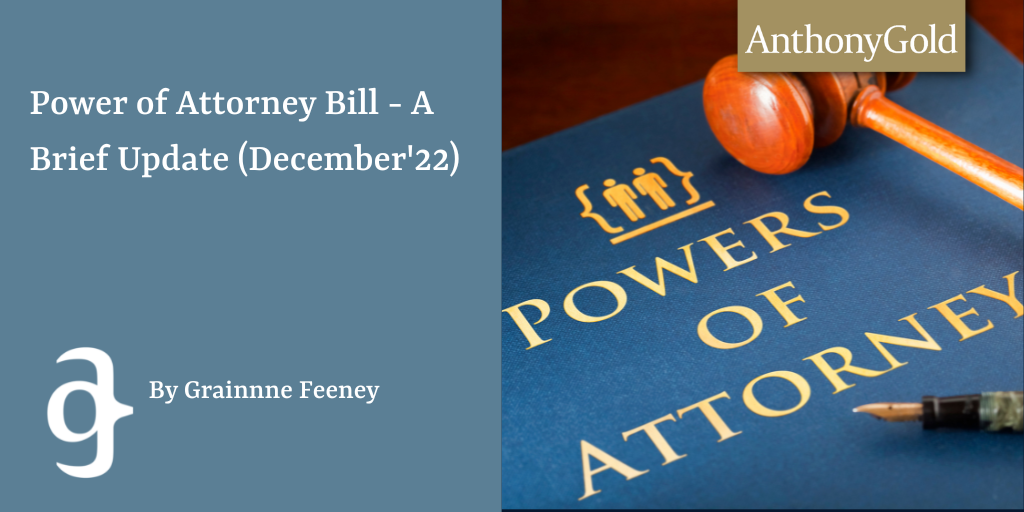A Property and Financial Affairs Lasting Power of Attorney (LPA) is a legal document which, once registered by the Office of the Public Guardian, authorises the nominated attorney(s) to make financial decisions on behalf of the individual who has granted it (the donor).
The LPA document itself may set out specific restrictions on what kind of financial decisions the attorneys can make. It may also set out that the attorneys can only deal with the donor’s finances if/when they lose mental capacity to make these financial decisions themselves in the future.
Attorneys have a number of strict duties imposed on them which are set out under the Mental Capacity Act 2005. These include always having to assume the donor has capacity to make the decision, and taking all practicable steps to help them make the decision themselves, unless it is established they cannot do so. If the donor cannot make the decision themselves, the attorneys can then only make decisions that are in the donor’s best interests.
Due to being in this position of trust, attorneys also owe a number of further strict duties to the donor, known as fiduciary duties. These include duties not to take advantage of their position, not to profit from their role and to avoid conflicts between their own personal interests and those of the donor.
Attorneys must also keep a clear account of their financial transactions and keep the donor’s money/property separate from their own or anyone else’s.
When it comes to gifts, attorneys can only make gifts which are reasonable in amount (when compared to the size of the donor’s assets) in limited circumstances. These include gifts on customary occasions such as a birthday or marriage or to a charity the donor has donated to in the past. Any gift exceeding this will require Court of Protection approval.
Concerns about an attorney’s behaviour can arise both during the donor’s lifetime and after they have passed away. Common examples of what would lead to concern include: –
- The donor’s expenses (such as care home fees) not being paid, leading to debts being built up.
- There being lots of ambiguous or unexplained payments in the donor’s bank statements.
- The attorneys transferring funds from the donor’s account to their own accounts.
- Unapproved gifts being made which appear to exceed what could be considered reasonable.
- The attorneys selling the donor’s property to a family member or friend.
If the attorneys have breached their strict duties or acted beyond the scope of their powers, a number of steps can be taken against them.
During the donor’s lifetime, action can be taken to have the attorneys removed and replaced by a Deputy (if the donor now lacks capacity). This Deputy can then bring proceedings against the former attorneys which may result in them having to pay back any financial loss caused (or profit gained) from their own pocket.
If the donor has passed away, their personal representative (executor or administrator) can take action against the former attorneys which may again result in them having to repay the estate from their own pocket. If the former attorney is also the named executor, steps can also be taken to have them passed over as executor or removed/replaced (if they have already taken out a Grant).
If you have concerns about the conduct of an attorney, please do not hesitate to contact a member of our specialist contentious probate team.
